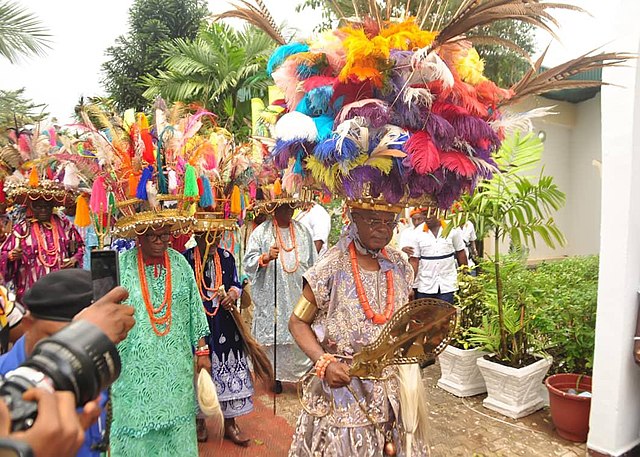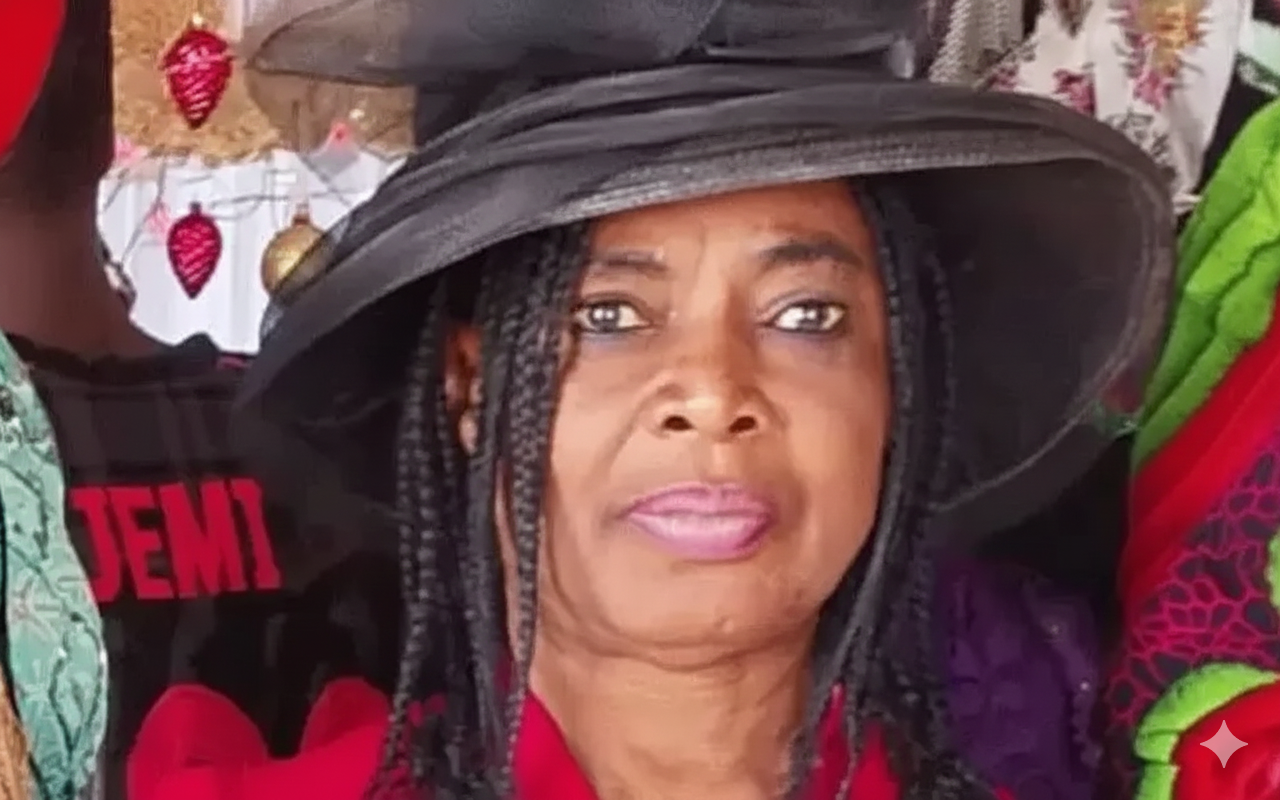Head of the European Union Delegation to Nigeria and ECOWAS, Ambassador Gautter Mignot, has declared that Nigeria holds the key to shaping the future of Africa and influencing the stability of Europe, stressing that “our destinies are inseparably linked.”
Speaking at a leadership Conference organised by the GOTNI Centre in Abuja, Mignot described Nigeria as the EU’s most strategic partner on the continent, surpassing China and the United States in foreign investment and trade flows.
He revealed that the EU accounts for 26 per cent of Nigeria’s foreign trade and one-third of its foreign direct investment stock, making Europe “Nigeria’s most reliable partner.”
The envoy highlighted a new phase in EU-Nigeria relations, pivoting from aid dependency to mutual investment under the EU’s Global Gateway strategy.
He listed EU Flagship projects, including: renewable energy capacity to power five million homes by 2027, 90,000km of fibre optic rollout to boost Nigeria’s digital economy, vaccine and pharmaceutical production hubs to strengthen health security, and Waterway transport systems in Lagos to ease urban congestion.
“These are practical, future-oriented projects designed with Nigerians, not just for Nigerians,” Isopi said. “They speak to sustainability, jobs, and dignity.”
Beyond economics, the ambassador called on Nigeria to embrace its role as a continental and global leader, urging its lawmakers to pass laws that expand women’s participation in politics and its youth to fight disinformation.
“The world no longer needs Nigeria only as a challenger to traditional powers. It needs Nigeria as a leader, on climate, on peace, and on democracy,” He told participants.
Mignot argued that Europe cannot be secure if West Africa is unstable, noting that migration, insecurity, and climate change transcend borders.
“If things go wrong here, they go wrong for Europe too. That is why the EU will not walk away. We are here for the long haul,” He assured.
He remarks, analysts say, are a direct counter to narratives of waning Western influence in West Africa and come as Russia and China deepen their footprint in the region.
“Partnership is a choice,” he concluded. “Nigeria must choose its partners with open eyes. Europe’s offer is clear: respect, reliability, and shared prosperity.”
He called on young Nigerians to take greater responsibility for shaping the country’s future, urging them to embrace innovation, inclusivity, and leadership in national development.
Speaking directly to young professionals and students at the conference in Abuja, the envoy delivered five key takeaways designed to inspire action and civic engagement.
First, he stressed that “Nigeria’s future lies in Nigerian hands”, noting that governance, education, and innovation will ultimately shape the country’s destiny more than any foreign assistance.
Second, he emphasised the need to empower women and girls, insisting that no nation can achieve its full potential without equal opportunities for all.
Third, the envoy urged the youth to confront disinformation, warning that fake news and online propaganda continue to pose threats to democracy and development.
Fourth, he challenged Nigeria to lead, not just challenge, pointing out that the country’s size and influence demand a proactive role in shaping regional and global solutions.
Finally, he reminded young Nigerians that they can make a difference, describing them as the true drivers of tomorrow’s Nigeria.
The envoy’s remarks drew applause from participants, many of whom said the message resonated strongly at a time when young people are seeking greater inclusion in governance and policy-making.






